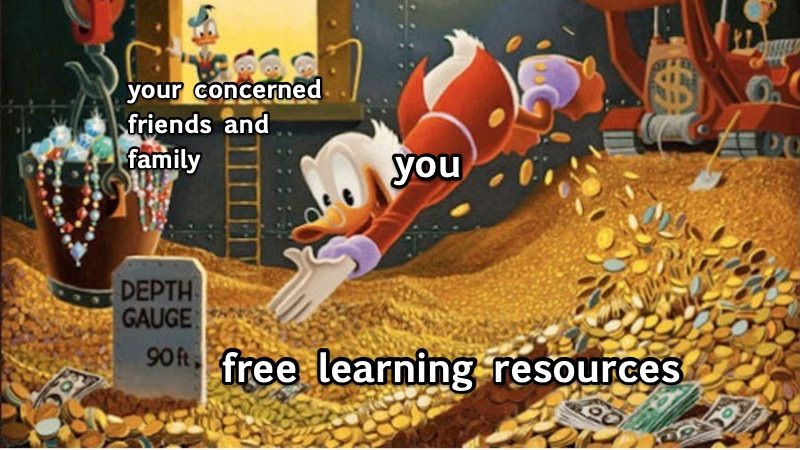--Originally published at Site Title

In the last two months I realize how wrong was my idea about the skills needed and what kind of activities does a manager has to develop in his career.
Most of the time I though that being a manager were supervise people, tell them what do they have to do and how to do it, make some reports and follow the advance of the project. However, this things only make you a bossy person, what really makes you a manager or at least a good one is lot more qualities and characteristics, being a boss is only the beginning, you need to be a leader.
Before this course the entrepreneurship and administration courses that have before were more focused about making market analysis, swot analysis and all the activities needed to make successful your company or product, but never they talk about people, about how you have to behave to create a good environment and allow people communicate like a real team, you need a lot of skills to interact and listen others. Besides, I am an engineer and most of the courses are about specific topics of science or quite technical, so your learn all the time about process and how to fix things but never someone use to tell you the cost of production or how expensive could be add an employee to the project and a delay that can generate, this is pretty important stuff needed that sometimes the only way to learned is in the hard way, living it.
Also something important learned in the course was some mathematical operation to make calculations about simple interest and compound, very important for investments, the cost of hiring new personal and how complex this process can be, due to the interview, capacitation, travel if is needed Continue reading "Partial Review"









